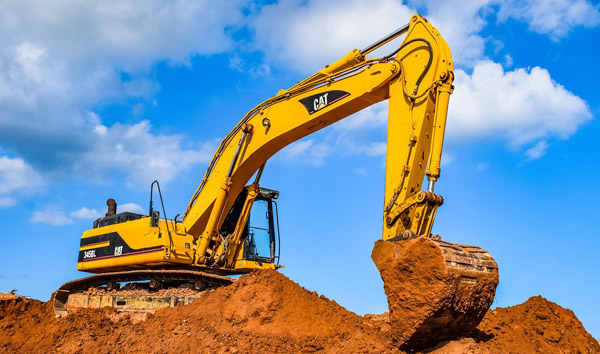Revolutionizing Heavy Lifting: The Future of Rough Terrain Forklift Energy Efficiency
2025-07-25 05:55:24
The rugged demands of construction sites, mining operations, and agricultural settings require robust Rough Terrain Forklifts capable of handling uneven surfaces and heavy loads. However, traditional models often consume excessive fuel, leading to high operational costs and environmental concerns. The latest energy-saving technology addresses these challenges by optimizing engine performance, reducing emissions, and enhancing fuel efficiency without compromising power.
One of the most groundbreaking advancements in rough terrain forklift energy-saving technology is the integration of hybrid powertrains. By combining diesel engines with electric motors, these forklifts significantly cut fuel consumption while maintaining the torque needed for tough jobs. Industry data shows that hybrid models can reduce fuel usage by up to 30%, making them a cost-effective solution for businesses aiming to lower expenses and meet sustainability goals.
Another key innovation is the use of regenerative braking systems, which capture and reuse energy typically lost during deceleration. This technology not only extends battery life in electric rough terrain forklifts but also minimizes wear on mechanical components. Companies adopting these systems report a 15-20% improvement in energy efficiency, proving that small technological tweaks can yield substantial long-term savings.
Telematics and smart monitoring systems are also playing a pivotal role in optimizing rough terrain forklift performance. Real-time data analytics allow operators to track fuel consumption, idle times, and maintenance needs, ensuring machines run at peak efficiency. According to recent studies, businesses leveraging telematics reduce energy waste by an average of 12%, further solidifying the case for investing in smarter, greener equipment.
The future of rough terrain forklift energy-saving technology looks even brighter with the development of hydrogen fuel cell prototypes. These zero-emission alternatives promise unmatched efficiency and durability, with early adopters reporting up to 40% lower operating costs compared to conventional models. As industries worldwide push for greener solutions, these innovations ensure rough terrain forklifts remain indispensable—while leaving a lighter footprint on the planet.













